Why are bathroom vanities so expensive? This is a question many homeowners and renovators ask when they start exploring bathroom remodeling options. Bathroom vanities are often the centerpiece of a bathroom, combining function and style in one essential piece of furniture. However, the high price tag can be a frustrating surprise.
Understanding the reasons behind this cost can help you make informed decisions while enhancing your bathroom’s aesthetics and functionality. Along the way, you might also wonder, why do bathroom vanities have legs and how this impacts both cost and style. This post will explore these questions and reveal the benefits of investing in quality bathroom vanities.
Why Are Bathroom Vanities So Expensive?
Bathroom vanities are more than just storage units; they are complex pieces that blend craftsmanship, materials, and design. Here are the key reasons why the cost tends to be high.
Quality Materials and Construction
One of the biggest factors contributing to the price of bathroom vanities is the use of high-quality materials. Unlike typical furniture, bathroom vanities must withstand humidity, frequent water exposure, and daily wear and tear. Materials like solid wood, stone countertops (granite, marble, quartz), and moisture-resistant composites are commonly used to ensure longevity. These materials are costly, both in procurement and craftsmanship.

Check it out: Live Edge Bathroom Vanity Shelfwall
Moreover, vanities often require special finishes and sealants to protect against water damage, mold, and warping. The detailed joinery and finishing add to manufacturing time and labor costs, which are reflected in the final price.
Design Complexity and Customization
Bathroom vanities come in a wide range of designs from simple, minimalistic styles to intricate, handcrafted masterpieces. Custom vanities or those with unique design elements like decorative legs, carved panels, or integrated lighting significantly increase production complexity. This not only raises the price but also adds exclusivity to the piece.

Many buyers might notice features like why do bathroom vanities have legs, which is not just an aesthetic choice but a practical design element. Legs elevate the vanity off the floor, helping prevent water damage and making cleaning easier. Custom or elegantly designed legs often require more craftsmanship, adding to the cost.
Functional Features and Hardware
Modern bathroom vanities include more than just cabinets and countertops. Integrated sinks, soft-close drawers, specialized storage solutions, and durable, high-quality hardware all contribute to the cost. The plumbing fixtures, faucets, and sometimes even electrical components like lighting or outlets built into the vanity increase complexity and price.
Exploring Key Factors Affecting Bathroom Vanity Costs
Material Choices and Their Impact on Price
The materials used for bathroom vanities have a direct impact on their price. Let’s take a closer look:
Solid Wood vs. Engineered Wood
Solid wood vanities, made from hardwoods like oak, maple, or cherry, offer exceptional durability and natural beauty but come at a premium cost. These woods resist warping and moisture damage better than cheaper alternatives. Engineered wood or MDF (medium-density fiberboard) options are more affordable but less durable in moist bathroom environments, often requiring additional protective coatings.

Countertop Materials
The vanity’s countertop can be a major cost driver. Natural stone options such as granite and marble are luxurious but expensive due to sourcing, cutting, and installation. Quartz countertops offer durability and lower maintenance but still fall in the higher price range. More budget-friendly materials like laminate or solid surface are cheaper but may lack the elegance and lifespan of premium stones.

Check it out: Bathroom Rustic Floating Vanity
Design Features: Why Do Bathroom Vanities Have Legs?
The design of bathroom vanities can vary widely, and one common design question revolves around the presence of legs.
Aesthetic Appeal and Style
Vanities with legs often evoke a classic, vintage, or French country style. The legs can add a sense of lightness and elegance, differentiating them from bulky, built-in cabinet designs. For many homeowners, this style choice is worth the extra cost because it complements the overall bathroom decor and creates a more spacious feel.

Practical Benefits of Legs on Bathroom Vanities
Beyond aesthetics, legs serve functional purposes. Elevating the vanity off the ground allows for better air circulation, reducing the risk of moisture buildup and mold growth underneath. Legs also make cleaning the bathroom floor easier since there is space beneath the vanity. From a construction standpoint, creating sturdy, attractive legs requires skilled woodworking, adding to production costs.
Labor and Craftsmanship
The craftsmanship behind a bathroom vanity can significantly influence its price. Custom or semi-custom pieces are usually handmade or finished by skilled artisans, who pay attention to detail, fit, and finish. This labor-intensive process takes time and expertise, justifying a higher price compared to mass-produced vanities. For a superb blend of quality, style, and value, SpryInterior is your ideal choice when purchasing a bathroom vanity in the US.

Benefits of Investing in a Quality Bathroom Vanity
Spending more on a bathroom vanity often pays off in the long run. Here’s why:
-
Durability: High-quality materials and craftsmanship ensure your vanity withstands years of use and humidity without deterioration.
- Aesthetic Value: A well-designed vanity elevates your bathroom’s look, adding elegance and potentially increasing your home’s resale value.
- Functionality: Thoughtful designs with practical features like soft-close drawers, smart storage, and ergonomic height improve your daily experience.
- Maintenance: Quality finishes and materials reduce upkeep, preventing water damage, stains, and warping.
- Health: Features like raised legs help prevent mold and mildew buildup, contributing to a healthier bathroom environment.
Conclusion
If you’ve ever wondered why are bathroom vanities so expensive, the answer lies in the intricate balance of materials, design, and craftsmanship required to make a durable, stylish, and functional piece. While the upfront cost can seem steep, investing in a well-made vanity with features like elegant legs not only enhances your bathroom’s beauty but also offers long-term durability and practicality.
When considering your purchase, pay attention to material quality, design details such as why do bathroom vanities have legs, and the reputation of the manufacturer. Choosing wisely will ensure you get the best value and satisfaction from your bathroom centerpiece for years to come.


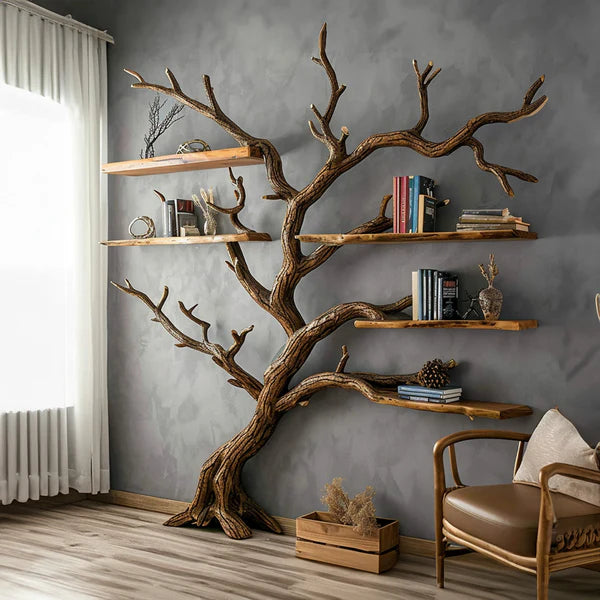
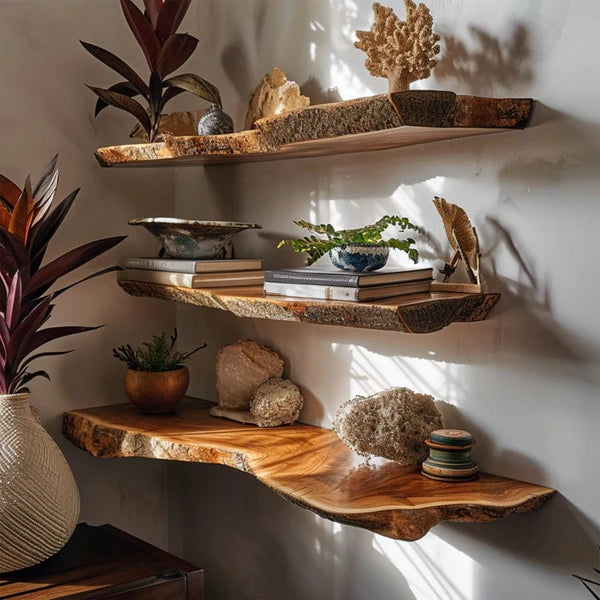
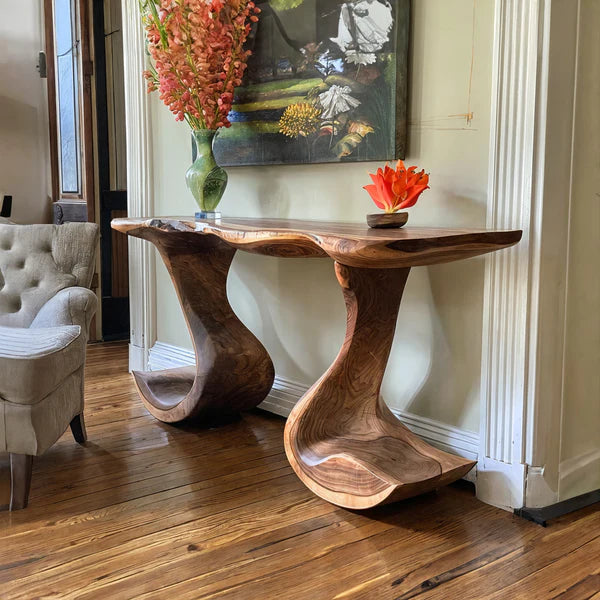
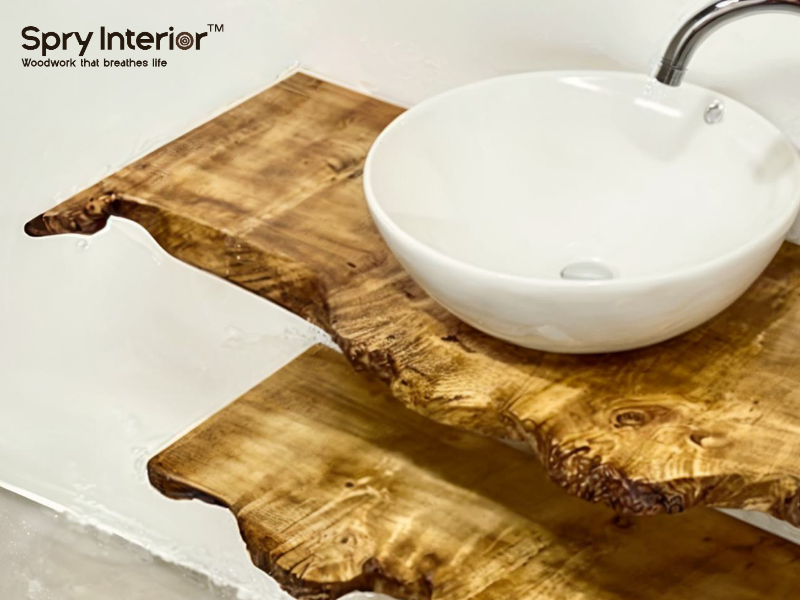
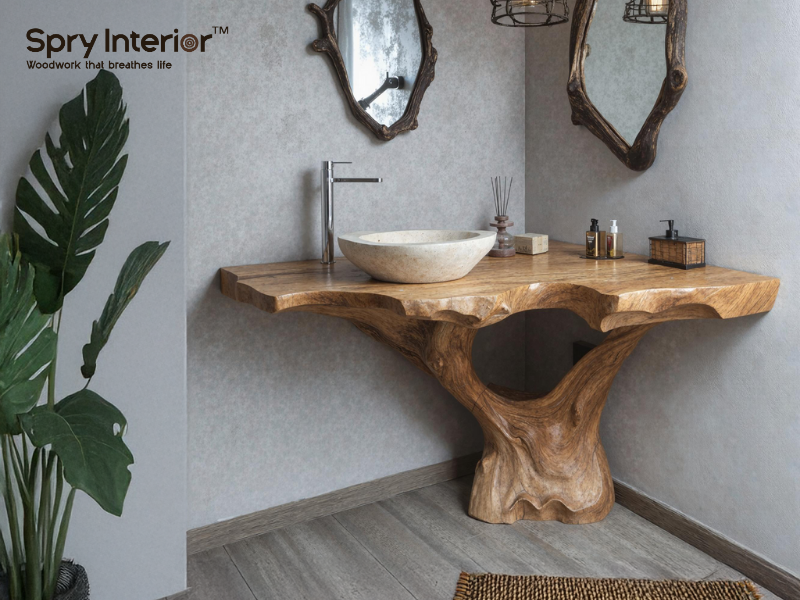
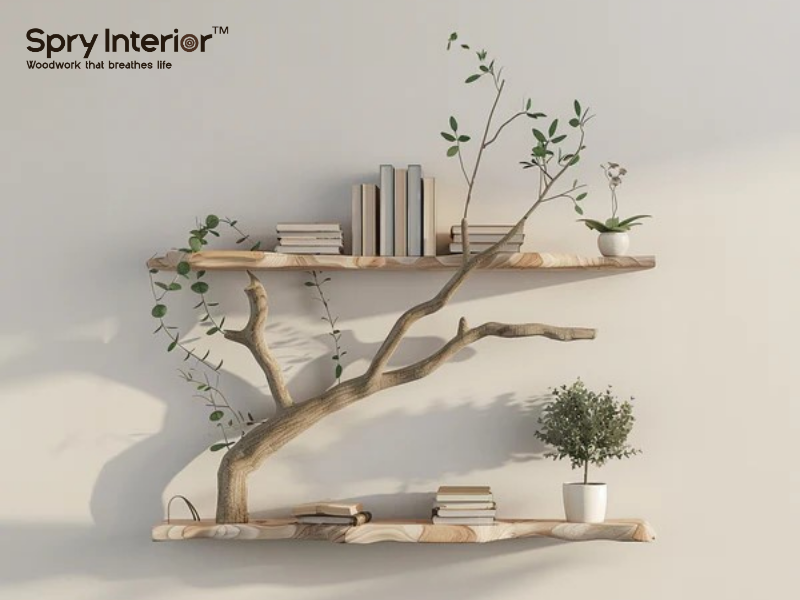
Leave a comment
This site is protected by hCaptcha and the hCaptcha Privacy Policy and Terms of Service apply.